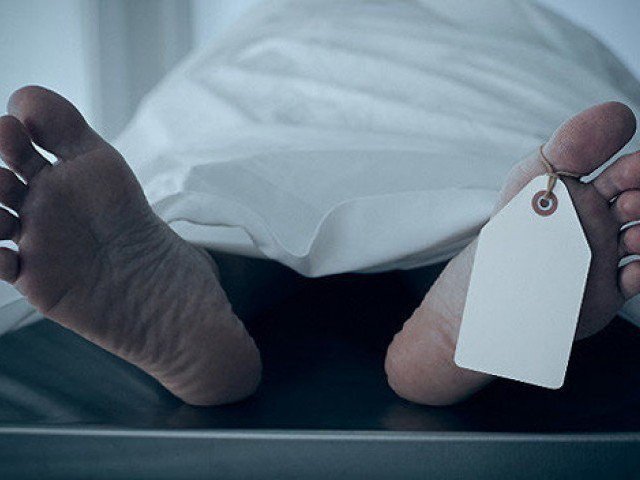
“In the event of an injury or death of person due to health hazards, the court, in addition to any other penalty under this Ordinance, shall direct the organisation, institution or office concerned to pay the person or legal heirs of the person, an amount which shall not be less than Rs3 million in case of death and not exceeding Rs0.5million in case of injury,” a copy of the ordinance read.
Health officials stated that many organisations, factories and institutions – especially mines - were reluctant to compensate labourers in the event of any health issue, loss of life or injury.
The ordinance makes it mandatory for the employing organisation or institution concerned to compensate labourers.
It also stated that in the event the organisation, institution or office fails to pay the compensation, the government shall recover the compensation from it to pay the worker or their legal heirs.
For effective implementation of the law, the provincial government will set up the K-P Public Health Committee to be chaired by the provincial health minister, to make sure core capacities of international health regulations are met with regards to coordination, surveillance, response, preparedness, communication risk and human resource.
The committee will also make sure that events are notified, and verified within the stipulated time apart from ensuring the availability of necessary equipment to assist prevention and control of the spread of notifiable diseases.
The committee will advise its head to declare a state of health emergency in case there is fear of any notified disease spreading.
At the same time, in case of declaration of a national health emergency, the committee will coordinate with WHO for prevention and control.
Preventing outbreaks in schools
The ordinance also makes it clear that if any one receives information about a health hazard or the issue exists, they must promptly report it to the nearest Disease Surveillance Reporting Office or District Disease Surveillance Centre.
As communicable diseases mostly claim lives of children, the ordinance focuses on prevention of infection through schools and madrassas.
“Parent or guardian of a child attending a school or a madrassa must inform the principal, teacher or person in charge of the school or madrassa if a health professional declares or suspects that the child is infected with a communicable disease or has been in contact with a person who is infected,” the ordinance read.
It added that principal, teacher or person in charge of a school or a madrassa must inform the parent or guardian of the child and the concerned Disease Surveillance Reporting Office if a student was suffering from a communicable disease has not been immunised against such a disease and has been in contact with a person at the school or the madrassa who was infected with such a disease.
Published in The Express Tribune, September 6th, 2017.

















COMMENTS
Comments are moderated and generally will be posted if they are on-topic and not abusive.
For more information, please see our Comments FAQ